Henry A. Giroux
This week, Donald Trump lowered the bar even further by attacking the Muslim parents of US Army Captain Humayan Khan, who was killed in 2004 by a suicide bomber while he was trying to save the lives of the men in his unit.
This stunt was just the latest example of his chillingly successful media strategy, which is based not on changing consciousness but on freezing it within a flood of shocks, sensations and simplistic views. It was of a piece with Trump’s past provocations, such as his assertion that Mexicans who illegally entered the country are rapists and drug dealers, his effort to defame Fox News host Megyn Kelly by referring to her menstrual cycle, and his questioning of the heroism and bravery of former prisoner-of-war Senator John McCain. This media strategy only succeeds due to the deep cultural and political effects of neoliberalism in our society — effects that include widespread atomization and depoliticization.
For more original Truthout election coverage, check out our election section, «Beyond the Sound Bites: Election 2016.»
I have recently returned to reading Leo Lowenthal, particularly his insightful essay, «Terror’s Atomization of Man,» first published in the January 1, 1946 issue of Commentary and reprinted in his book, False Prophets: Studies in Authoritarianism. He writes about the atomization of human beings under a state of fear that approximates a kind of updated fascist terror. What he understood with great insight, even in 1946, is that democracy cannot exist without the educational, political and formative cultures and institutions that make it possible. He observed that atomized individuals are not only prone to the forces of depoliticization but also to the false swindle and spirit of demagogues, to discourses of hate, and to appeals that demonize and objectify the Other.
Lowenthal is helpful in illuminating the relationship between the underlying isolation individuals feel in an age of precarity, uncertainty and disposability and the dark shadows of authoritarianism threatening to overcome the United States. Within this new historical conjuncture, finance capital rules, producing extremes of wealth for the 1 percent, promoting cuts to government services, and defunding investments in public goods, such as public and higher education, in order to offset tax reductions for the ultra-rich and big corporations. Meanwhile millions are plunged into either the end-station of poverty or become part of the mass incarceration state. Mass fear is normalized as violence increasingly becomes the default logic for handling social problems. In an age where everything is for sale, ethical accountability is rendered a liability and the vocabulary of empathy is viewed as a weakness, reinforced by the view that individual happiness and its endless search for instant gratification is more important than supporting the public good and embracing an obligation to care for others. Americans are now pitted against each other as neoliberalism puts a premium on competitive cage-like relations that degrade collaboration and the public spheres that support it.
To read more articles by Henry A. Giroux and other authors in the Public Intellectual Project, click here.
Within neoliberal ideology, an emphasis on competition in every sphere of life promotes a winner-take-all ethos that finds its ultimate expression in the assertion that fairness has no place in a society dominated by winners and losers. As William Davies points out, competition in a market-driven social order allows a small group of winners to emerge while at the same time sorting out and condemning the vast majority of institutions, organizations and individuals «to the status of losers.»
As has been made clear in the much publicized language of Donald Trump, both as a reality TV host of «The Apprentice» and as a presidential candidate, calling someone a «loser» has little to do with them losing in the more general sense of the term. On the contrary, in a culture that trades in cruelty and divorces politics from matters of ethics and social responsibility, «loser» is now elevated to a pejorative insult that humiliates and justifies not only symbolic violence, but also (as Trump has made clear in many of his rallies) real acts of violence waged against his critics, such as members of the Movement for Black Lives. AsGreg Elmer and Paula Todd observe, «to lose is possible, but to be a ‘loser’ is the ultimate humiliation that justifies taking extreme, even immoral measures.» They write:
We argue that the Trumpesque «loser» serves as a potent new political symbol, a caricature that Trump has previously deployed in his television and business careers to sidestep complex social issues and justify winning at all costs. As the commercial for his 1980s board game «Trump» enthused, «It’s not whether you win or lose, but whether you win!» Indeed, in Trump’s world, for some to win many more must lose, which helps explain the breath-taking embrace by some of his racist, xenophobic, and misogynist communication strategy. The more losers — delineated by Trump based on every form of «otherism» — the better the odds of victory.
Atomization fueled by a fervor for unbridled individualism produces a pathological disdain for community, public values and the public good. As democratic pressures are weakened, authoritarian societies resort to fear, so as to ward off any room for ideals, visions and hope. Efforts to keep this room open are made all the more difficult by the ethically tranquilizing presence of a celebrity and commodity culture that works to depoliticize people. The realms of the political and the social imagination wither as shared responsibilities and obligations give way to an individualized society that elevates selfishness, avarice and militaristic modes of competition as its highest organizing principles.
Under such circumstances, the foundations for stability are being destroyed, with jobs being shipped overseas, social provisions destroyed, the social state hollowed out, public servants and workers under a relentless attack, students burdened with the rise of a neoliberal debt machine, and many groups considered disposable. At the same time, these acts of permanent repression are coupled with new configurations of power and militarization normalized by a neoliberal regime in which an ideology of mercilessness has become normalized; under such conditions, one dispenses with any notion of compassion and holds others responsible for problems they face, problems over which they have no control. In this case, shared responsibilities and hopes have been replaced by the isolating logic of individual responsibility, a false notion of resiliency, and a growing resentment toward those viewed as strangers.
We live in an age of death-dealing loneliness, isolation and militarized atomization. If you believe the popular press, loneliness is reaching epidemic proportions in advanced industrial societies. A few indices include the climbing suicide rate of adolescent girls; the rising deaths of working-class, less-educated white men; and the growing drug overdose crises raging across small towns and cities throughout America. Meanwhile, many people often interact more with their cell phones, tablets and computers than they do with embodied subjects. Disembodiment in this view is at the heart of a deeply alienating neoliberal society in which people shun in-person relationships for virtual ones. In this view, the warm glow of the computer screen can produce and reinforce a new type of alienation, isolation and sense of loneliness. At the same time, it is important to note that in some cases digital technologies have also enabled young people who are hyper-connected to their peers online to increase their face-to-face time by coordinating spontaneous meetups, in addition to staying connected with each other near-constantly virtually. How this dialectic plays out will in part be determined by the degree to which young people can be educated to embrace modes of agency in which a connection to other human beings, however diverse, becomes central to their understanding of the value of creating bonds of sociality.
Needless to say, however, blaming the internet itself — which has also helped forge connections, and has facilitated movement-building and much wider accessibility of information — is too easy. We live in a society in which notions of dependence, compassion, mutuality, care for the other and sociality are undermined by a neoliberal ethic in which self-interest and greed become the organizing principles of one’s life and a survival-of-the fittest ethic breeds a culture that at best promotes an indifference to the plight of others and at worst, a disdain for the less fortunate and support for a widespread culture of cruelty. Isolated individuals do not make up a healthy democratic society.
New Forms of Alienation and Isolation
A more theoretical language produced by Marx talked about alienation as a separation from the fruits of one’s labor. While that is certainly truer than ever, the separation and isolation now is more extensive and governs the entirety of social life in a consumer-based society run by the demands of commerce and the financialization of everything. Isolation, privatization and the cold logic of instrumental rationality have created a new kind of social formation and social order in which it becomes difficult to form communal bonds, deep connections, a sense of intimacy, and long term commitments.
Neoliberalism fosters the viewing of pain and suffering as entertainment, warfare a permanent state of existence, and militarism as the most powerful force shaping masculinity. Politics has taken an exit from ethics and thus the issue of social costs is divorced from any form of intervention in the world. For example, under neoliberalism, economic activity is removed from its ethical and social consequences and takes a flight from any type of moral consideration. This is the ideological metrics of political zombies. The key word here is atomization, and it is the defining feature of neoliberal societies and the scourge of democracy.
At the heart of any type of politics wishing to challenge this flight into authoritarianism is not merely the recognition of economic structures of domination, but something more profound — a politics which points to the construction of particular identities, values, social relations, or more broadly, agency itself. Central to such a recognition is the fact that politics cannot exist without people investing something of themselves in the discourses, images and representations that come at them daily. Rather than suffering alone, lured into the frenzy of hateful emotion, individuals need to be able to identify — see themselves and their daily lives — within progressive critiques of existing forms of domination and how they might address such issues not individually but collectively. This is a particularly difficult challenge today because the menace of atomization is reinforced daily not only by a coordinated neoliberal assault against any viable notion of the social but also by an authoritarian and finance-based culture that couples a rigid notion of privatization with a flight from any sense of social and moral responsibility.
The culture apparatuses controlled by the 1 percent, including the mainstream media and entertainment industries, are the most powerful educational forces in society and they have become disimagination machines — apparatuses of misrecognition and brutality. Collective agency is now atomized, devoid of any viable embrace of the social. Under such circumstances, domination does not merely repress through its apparatuses of terror and violence, but also — as Pierre Bourdieu argues — through the intellectual and pedagogical, which «lie on the side of belief and persuasion.» Too many people on the left have defaulted on this enormous responsibility for recognizing the educative nature of politics and the need for appropriating the tools, if not weapons, provided by the symbolic and pedagogical for challenging this form of domination, working to change consciousness, and making education central to politics itself.
Donald Trump’s Media Strategy
Donald Trump plays the media because he gets all of this. His media strategy is aimed at erasing memory, thoughtfulness and critical dialogue. For Trump, miseducation is the key to getting elected. The issue here is not about the existing reign of civic illiteracy, it is about the crisis of agency, the forces that produce it, and the failure of progressives and the left to take such a crisis seriously by working hard to address the ideological and pedagogical dimensions of struggle. All of which is necessary in order, at the very least, to get people to be able to translate private troubles into wider social issues. The latter may be the biggest political and educational challenge facing those who believe that the current political crisis is not simply about either the election of Trump, the ruling-class carnival barker, or Clinton, the warmonger, both of whom are in the end different types of cheerleaders for the financial elite and big corporations.
At the same time, it is important to recognize that Trump represents the more immediate threat, especially for people of color. As the apotheosis of a brutal, racist, fascist expression of neoliberalism, Trump would eliminate 21 million from the ranks of those insured under Obamacare, would deport 11 million undocumented immigrants and would stack the Supreme Court with right-wing ideologues who would implement reactionary polices for the next few decades.
At stake here is a different type of conflict between those who believe in democracy and those who don’t. The upcoming election will not address the ensuing crisis, which is really a fight for the soul of democracy. One consequence will be that millions one way or another will once again bear the burden of a society that hates democracy and punishes all but the financial elite. Both candidates and the economic and political forces they represent are part of the problem and offer up different forms of domination. What is crucial for progressives to recognize is that it is imperative to make clear that neoliberal economic structures register only one part of the logic of repression. The other side is the colonization of consciousness, the production of modes of agency complicit with their own oppression.
This dual register of politics, which has been highlighted by theorists extending from Hannah Arendt and Antonio Gramsci to Raymond Williams and C. Wright Mills, has a long history but has been pushed to the margins under neoliberal regimes of oppression. Once again, any viable notion of collective resistance must take matters of consciousness, identity, desire and persuasion seriously, so as to speak to the underlying conditions of atomization that depoliticize and paralyze people within orbits of self-interest, greed, resentment, misdirected anger and spiraling violence.
Addressing the affective and ideological dimensions not only of neoliberalism but also of the radical imagination is crucial to waking us all up to our ability to work together, recognize the larger social and systemic structures that dominate our lives, and provide each other with the tools to translate private troubles into broader systemic issues. The power of the social does not only come together in social movements; it is also central to the educative force of a politics that embraces democratic social relations as the foundation for collective action.
Overcoming the atomization inherent in neoliberal regimes means making clear how they destroy every vestige of solidarity in the interest of amassing huge amounts of wealth and power while successfully paralyzing vast numbers of people in the depoliticizing orbits of privatization and self-interest. Of course, we see examples of movements that embrace solidarity as an act of collective resistance — most visibly, the Movement for Black Lives. This is model that needs to take on a more general political significance in which the violence of apparatuses of oppression can be connected to a politics of atomization that must be addressed as both an educational and political issue. Neoliberal precarity, austerity and the militarization of society inflict violence not just on the body but on the psyche as well. This means that the crisis of economic structures must be understood as part of the crisis of memory, thinking, hope and agency itself.
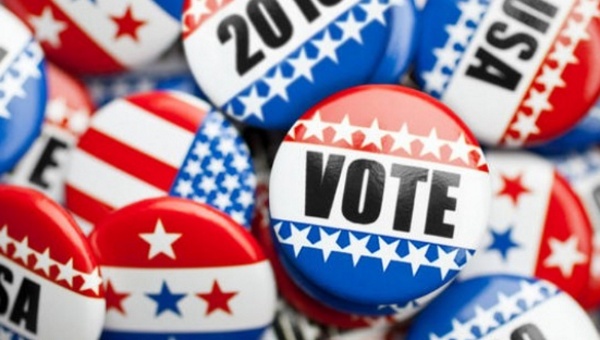
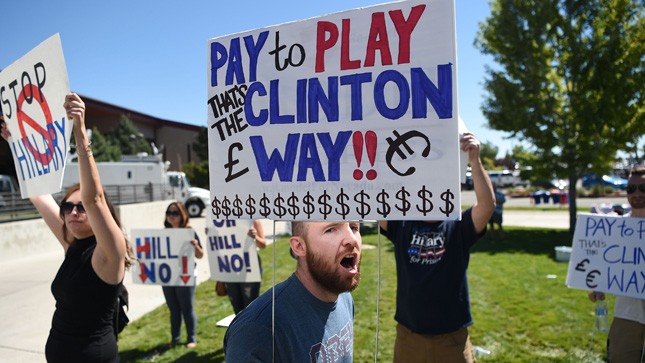
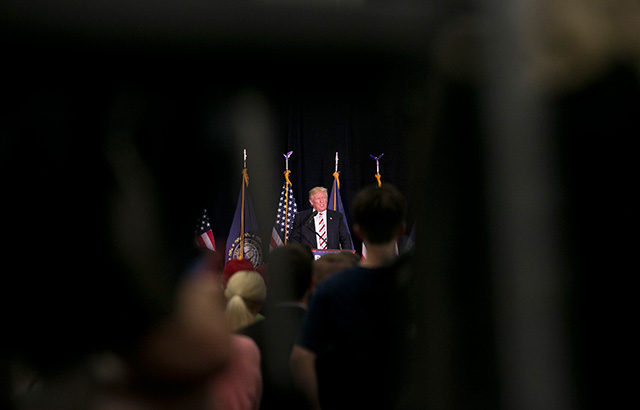
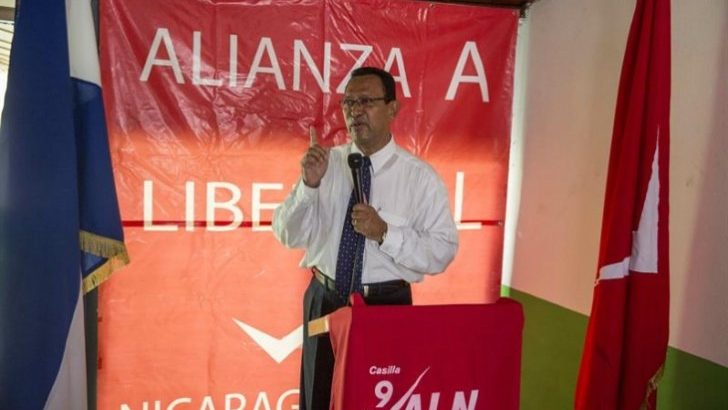
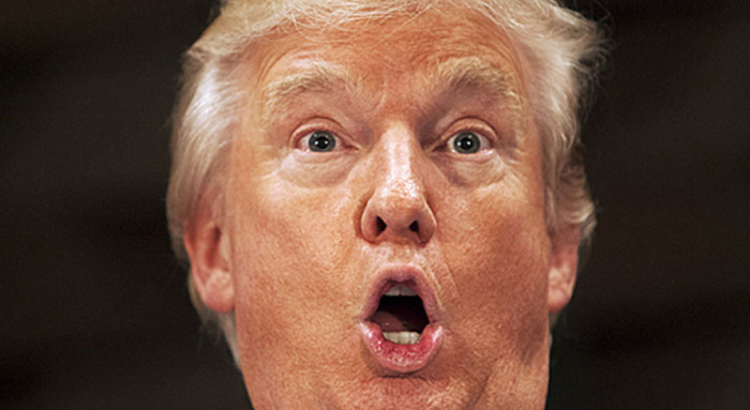
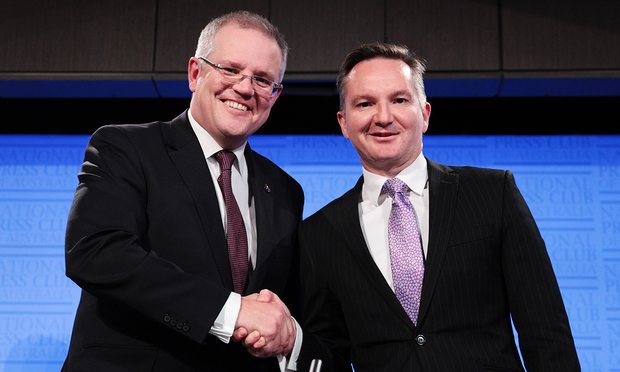






 Users Today : 35
Users Today : 35 Total Users : 35459501
Total Users : 35459501 Views Today : 44
Views Today : 44 Total views : 3417802
Total views : 3417802